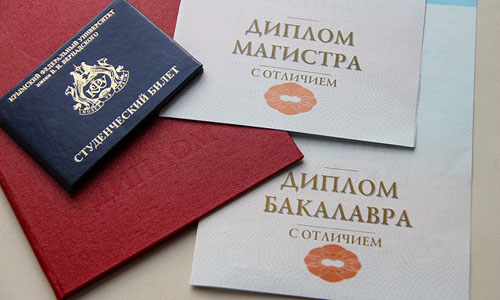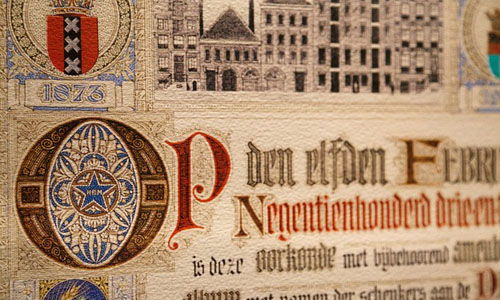Diploma Translation Service
Your diploma represents years of dedication and hard work, and ensuring its recognition across borders is essential. Our diploma translation services are designed to provide the precision and professionalism needed for your academic achievements to be valued globally. Whether you’re applying for further studies, seeking employment, or relocating, our certified translation services offer the accuracy and credibility you require.

Why Choose Us
Best Diploma Translator

1.Why Choose Our Diploma Translation Services?
- Certified Accuracy: Our team of certified translators specializes in academic document translation, ensuring that every detail of your diploma is translated with precision. We adhere to the highest standards of accuracy, maintaining the integrity of your original document.
- Global Recognition: Our translations are accepted by educational institutions, employers, and government agencies worldwide. We provide notarized translations and affidavits of accuracy, giving you the confidence that your translated diploma will be recognized wherever you go.
more
- Expertise in Various Disciplines: We have experience translating diplomas across a wide range of disciplines, from engineering and medicine to arts and humanities. Our translators are well-versed in the specific terminology and nuances of your field, ensuring a flawless translation.
- Fast Turnaround: We understand the urgency that often accompanies diploma translation requests. Our efficient processes and dedicated team ensure that you receive your translated diploma promptly, without compromising on quality.
- Confidentiality Assured: We prioritize the confidentiality and security of your academic documents. Our secure translation platform and strict privacy policies ensure that your personal information remains protected throughout the translation process.
2.Translation Purpose
Diploma translation serves several essential purposes, enabling individuals to navigate academic and professional landscapes across different countries. Here’s why diploma translation is crucial:
- Pursuing Higher Education: Many educational institutions require translated diplomas as part of the admission process for international students. Accurate translations ensure that your academic achievements are recognized and evaluated correctly, allowing you to meet admission requirements and enroll in desired programs.
- Employment Opportunities: Employers often request translated diplomas to verify your educational qualifications. An accurate and certified translation helps potential employers understand your credentials, increasing your chances of securing a job in a new country.
more
- Immigration and Visa Applications: Government agencies may require translated diplomas for immigration or visa applications. These documents help officials assess your educational background, supporting your application for residency, work permits, or other immigration processes.
- Professional Licensing and Certification: Certain professions, such as medicine, law, and engineering, require official recognition of your educational qualifications. Translated diplomas are necessary for obtaining professional licenses and certifications in these fields, enabling you to practice your profession in a new country.
- Personal Records: Having your diploma translated ensures that you have a complete and accurate record of your academic achievements in multiple languages. This can be valuable for personal documentation and future use.
- Legal Requirements: In some cases, translated diplomas are required for legal proceedings, such as verifying qualifications in a court of law or during legal disputes. Certified translations ensure that your documents are legally recognized and valid.

Diploma Translation in 3 Simple Steps
Translating diplomas involves a few key qualifications and considerations to ensure accuracy and credibility. Here’s what you typically need to consider:
- Professional Translation Skills: Translators should have a strong grasp of both the source and target languages, with a particular focus on academic and legal terminology. They need to accurately convey the meaning of the original document.
- Subject Matter Expertise: Understanding the educational context and terminology is crucial. Translators should be familiar with various educational systems and qualifications to accurately translate the content.
more
- Certification and Accreditation: While not always required, having certifications from recognized translation bodies (like ATA or ITI) can add credibility. Some jurisdictions may require translated diplomas to be notarized or certified by a professional translation service.
- Attention to Detail: Accurate translation of all elements on the diploma, including the names, dates, grades, and institutional details, is essential. Any mistakes can affect the document’s legitimacy.
- Confidentiality: Translators must handle personal and sensitive information with the utmost confidentiality and care.
- Formatting: The translated diploma should closely match the format of the original document to ensure that it is easily recognized and understood by institutions or authorities reviewing it.
- Legal Compliance: In some cases, there may be specific legal requirements or standards for diploma translation, depending on the country or institution receiving the document.
Ensuring these qualifications helps maintain the integrity of the translation and ensures that the translated diploma is accepted for official purposes.


4.Price System
- The translation fees between different languages may vary. Generally, the cost for translating common language pairs is lower, while rare languages or those specific to certain fields may have higher fees.
- Translation is usually charged based on the word count or page count of the source document. Longer summary reports will result in higher translation costs.
- Interpretation services are typically charged by the hour.
- Large translation projects may be eligible for discounts.
